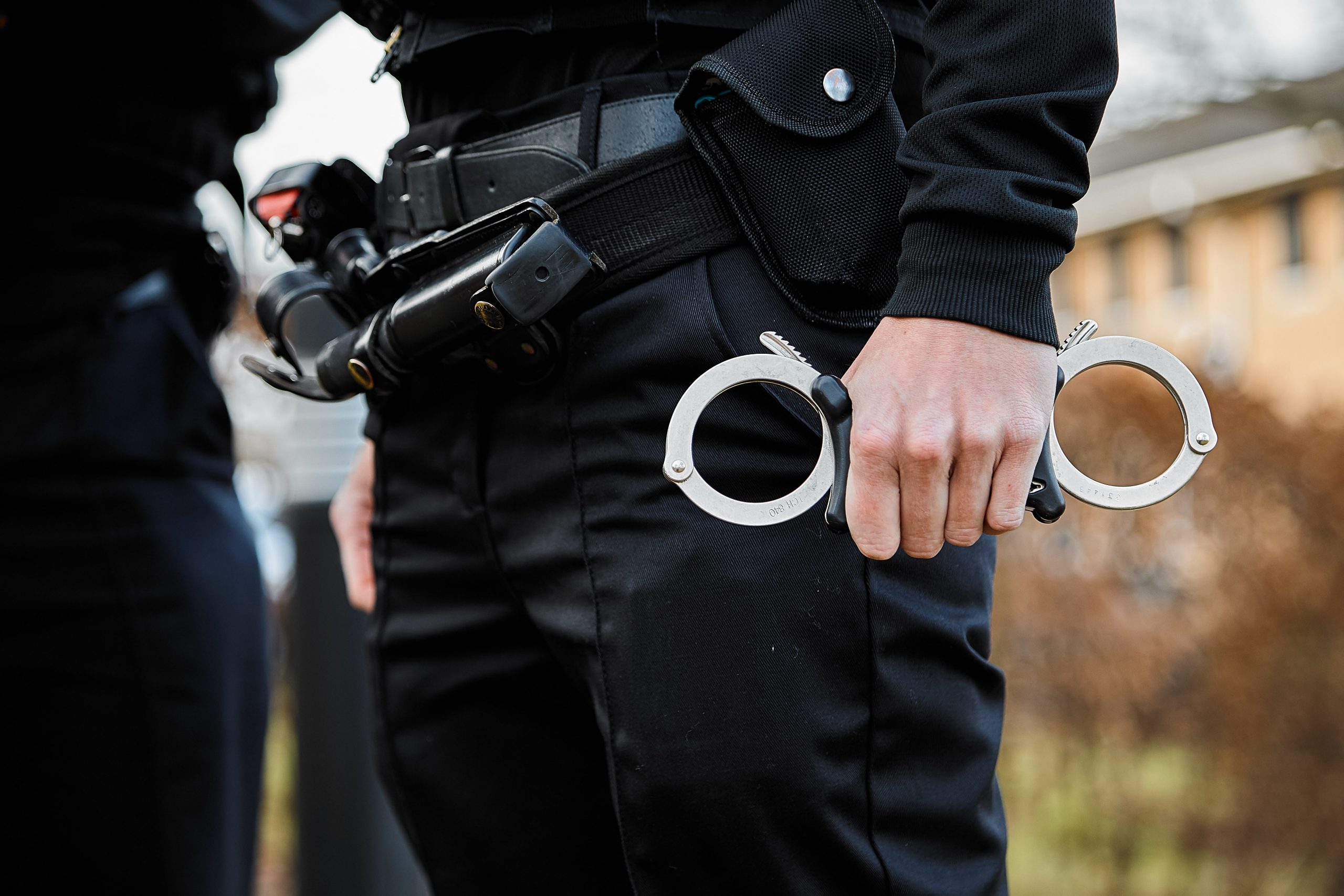“Police targets don’t measure quality and are not an effective use of police time”
A RETURN to targets in policing “wouldn’t solve many problems” and neither would it help protect the public, according to Hampshire Police Federation.
Senior police chiefs have claimed the Government is considering a move back to targets, in order to see a return on investment for the 20,000 police officers they have pledged to recruit.
Hampshire Federation Chairman Alex Charge said: “I think the real risk around targets is that they become binary and we go back to counting arrests – ‘four of these, 10 of those’ – when actually it’s a team game. If we’re talking about protecting the public, you can’t arrest your way out of knife crime.”
Alex said that policing was more complex than targets allowed for, and that targets could create “perverse outcomes”.
He gave an example: “If you want loads of arrests, it’s really easy for cops to find a local hotspot where people are smoking cannabis, and you’ll get loads of crimes of smoking cannabis and you’ll get loads of arrests and loads of detections. Will it actually solve many problems? No. Is it a good and effective use of time? No.”
He pointed out that neighbourhood Constables might take five years building a rapport with a family that leads to a reduction in crime – the children may take different paths, or decide not to carry knives.
“That’s a difficult thing to count in terms of amount of time invested, as opposed to a tick-box culture. So it’s a real danger that we go back into this binary world of: ‘You’ve all got to get five arrests a week’, because we’ll do that, but it’s to nobody’s benefit.
“It’s hard with performance targets to measure quality; there should be a lot more of a qualitative measure.”
